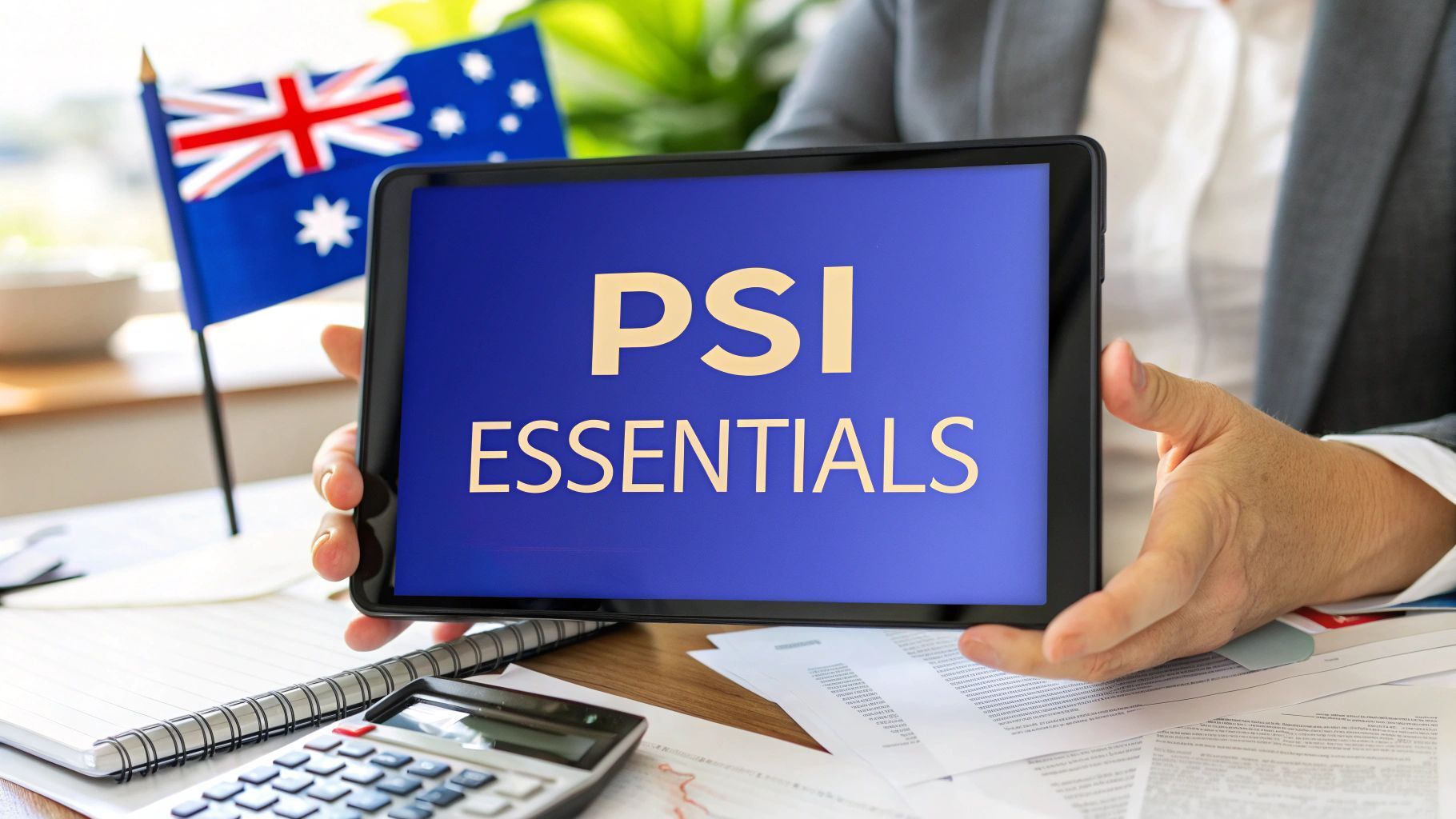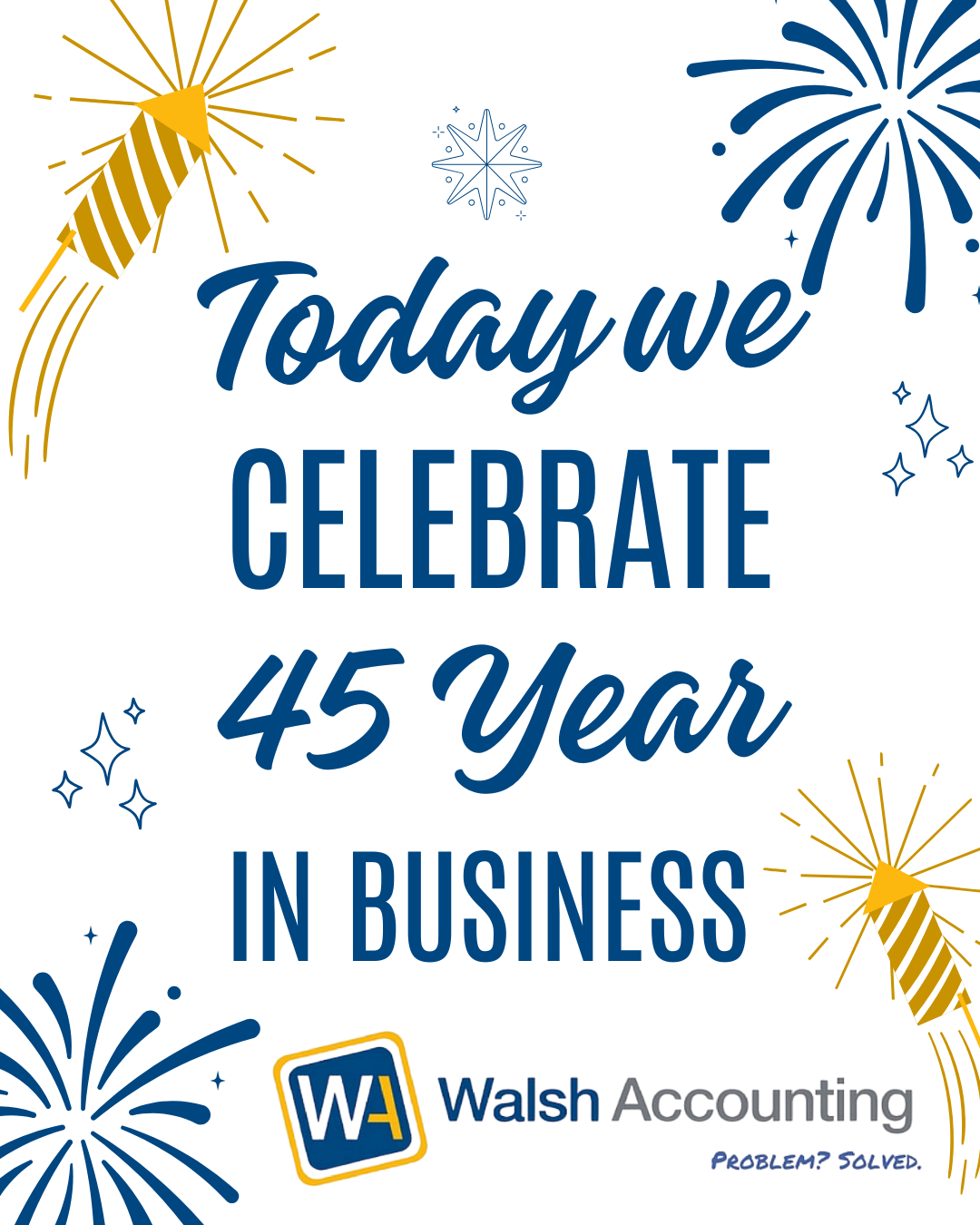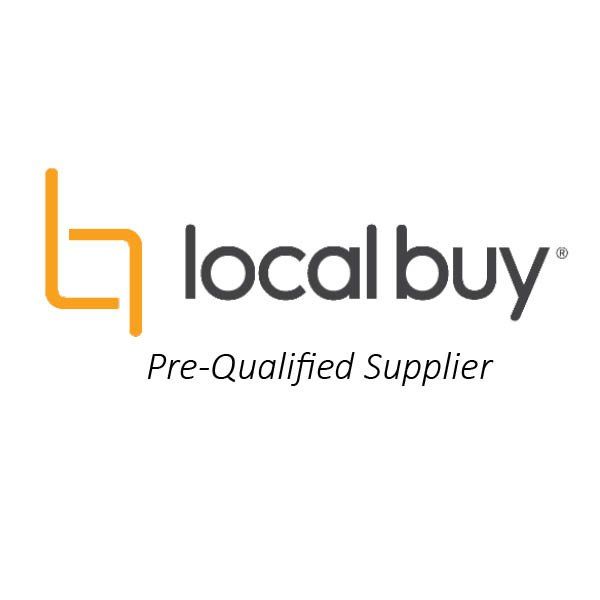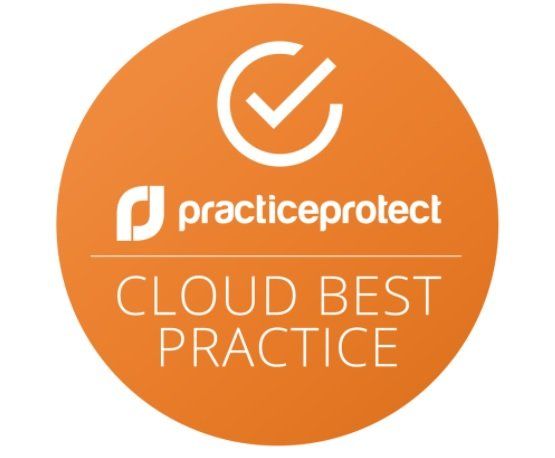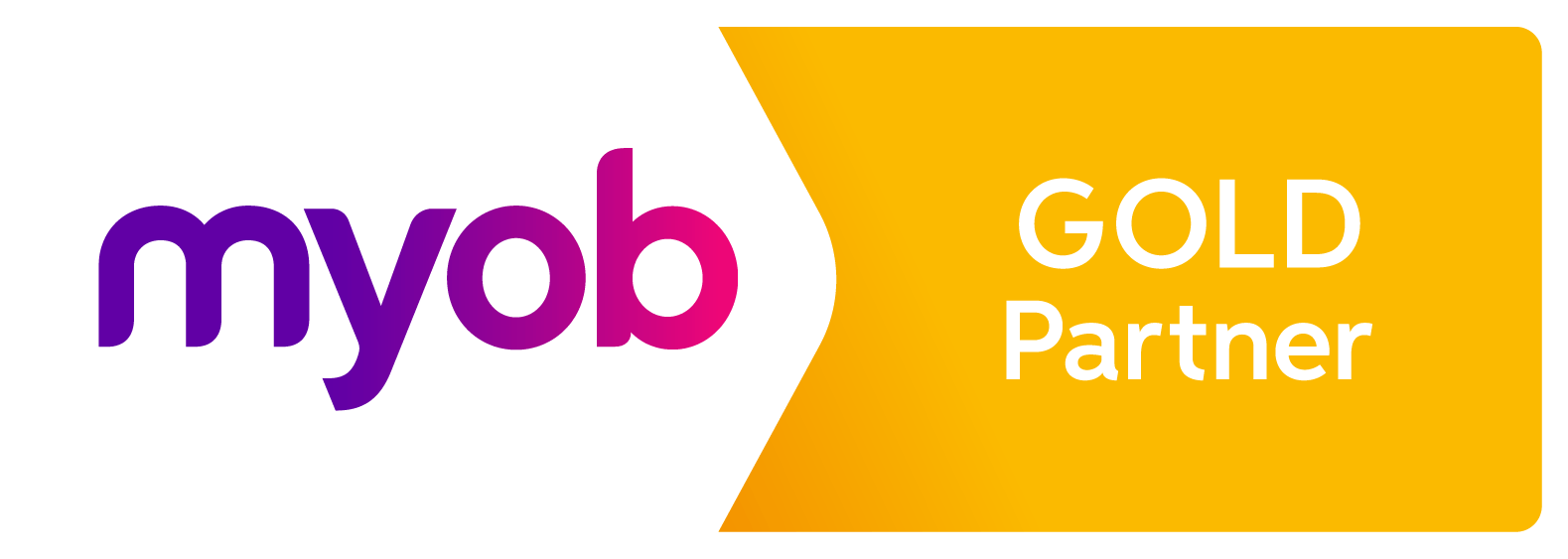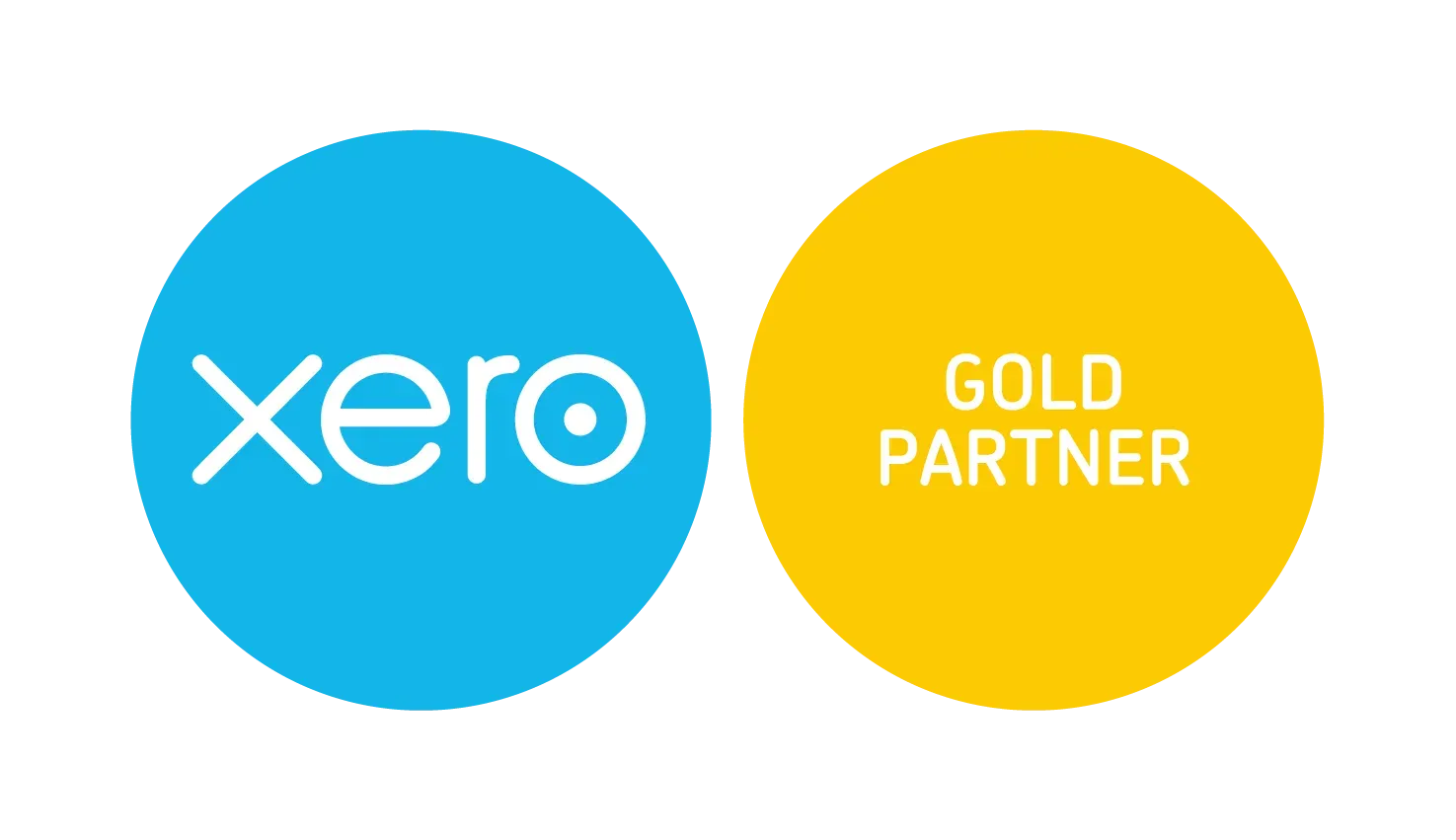Superannuation Strategies and Small Business Capital Gains Tax Concessions
Superannuation Strategies and Small Business Capital Gains Tax Concessions

Superannuation Strategies and Small Business Capital Gains Tax Concessions
For small business owners, superannuation offers an excellent opportunity to maximise retirement savings while taking advantage of tax benefits. The Australian government provides specific concessions to help small business owners contribute the proceeds from the sale of their business into their superannuation fund. Here’s an overview of these strategies and how they work.
What are the Small Business CGT Concessions?
Small business capital gains tax (CGT) concessions allow eligible small business owners to reduce, defer, or eliminate the capital gains tax payable when selling an active business asset. These concessions are particularly beneficial for boosting superannuation contributions.
The four key concessions include:
- 15-Year Exemption: If you’ve owned a business asset for at least 15 years and are aged 55 or older, you may be exempt from paying CGT on the sale.
- 50% Active Asset Reduction: This allows you to reduce the capital gain on the sale of an active business asset by 50%, even if you don’t meet the 15-year exemption criteria.
- Retirement Exemption: Up to $500,000 of capital gains can be exempt from tax if you use the proceeds to fund your retirement. This amount can also be contributed to your superannuation without affecting your non-concessional contribution cap.
- Rollover Relief: You can defer the capital gain by rolling it into the purchase of a replacement active business asset or into your super fund.
Contributing Sale Proceeds to Superannuation
Under the small business retirement exemption and the 15-year exemption, you can contribute proceeds from the sale of your business directly into your superannuation fund. These contributions are referred to as CGT cap contributions and are separate from the standard concessional and non-concessional caps.
- The lifetime CGT cap is currently $1.78 million (for the 2024-25 financial year).
- Contributions under the CGT cap must be made by the later of:
- 30 days after receiving the proceeds, or
- The time your tax return is due for the financial year in which the sale occurred.
Key Benefits
- Boost Retirement Savings: Using these concessions, you can make significant contributions to your super fund, ensuring a more comfortable retirement.
- Tax Efficiency: The proceeds contributed under the CGT cap are not subject to the usual contribution caps, and the super fund’s concessional tax environment applies.
- Flexibility: The concessions allow you to defer or reduce CGT liability, freeing up funds to invest in your future.
Eligibility Criteria
To qualify for the small business CGT concessions, your business must meet certain conditions, including:
- A maximum net asset value of $6 million, or
- An annual aggregated turnover of less than $2 million.
Considerations
- Timing is Critical: Ensure contributions are made within the required timeframes to qualify for the CGT cap.
- Seek Professional Advice: These rules can be complex, and it’s essential to consult a financial adviser or tax professional to ensure compliance and maximise benefits.
- Super Contribution Limits: Ensure contributions under the CGT cap are properly reported to your super fund to avoid exceeding limits.
Conclusion
The small business CGT concessions and superannuation strategies provide powerful tools for small business owners to transition wealth into their retirement savings. By leveraging these concessions, you can minimise tax liabilities and enhance your super balance, securing a more financially stable retirement. Proper planning and professional advice are crucial to making the most of these opportunities.

